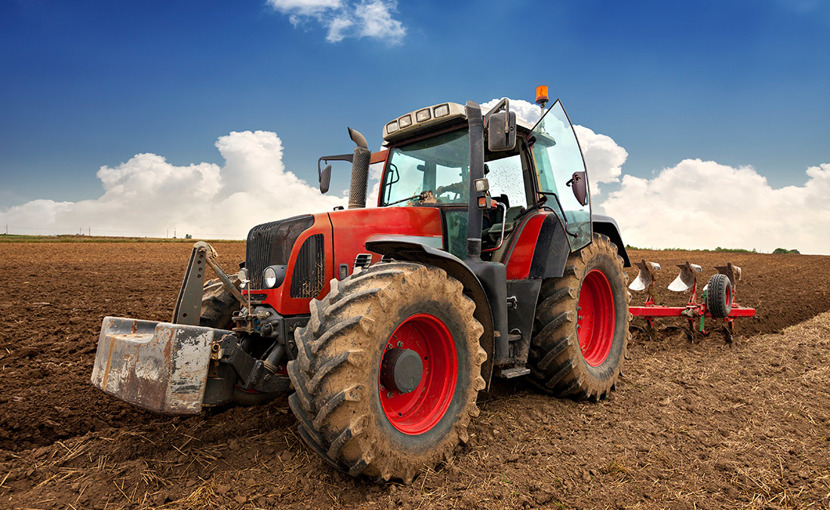Farm Worker or Technician
Farm workers or technicians prepare land for cropping, plant seeds, and nurture and harvest crops. In doing this, they account for soil, water, and air biodiversity and help attend and care for livestock and poultry. They also operate and maintain farm equipment, and maintain and repair farm buildings.



